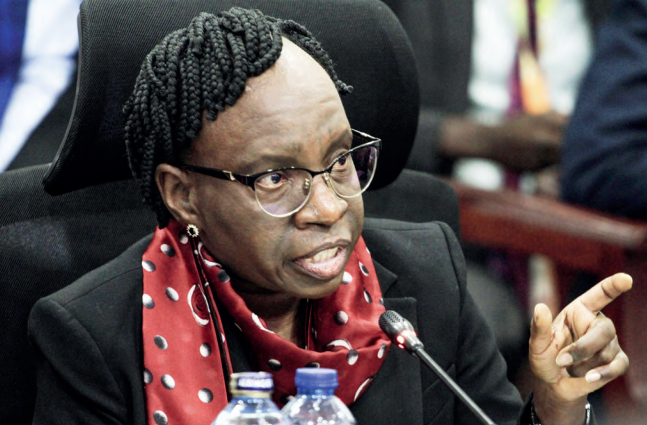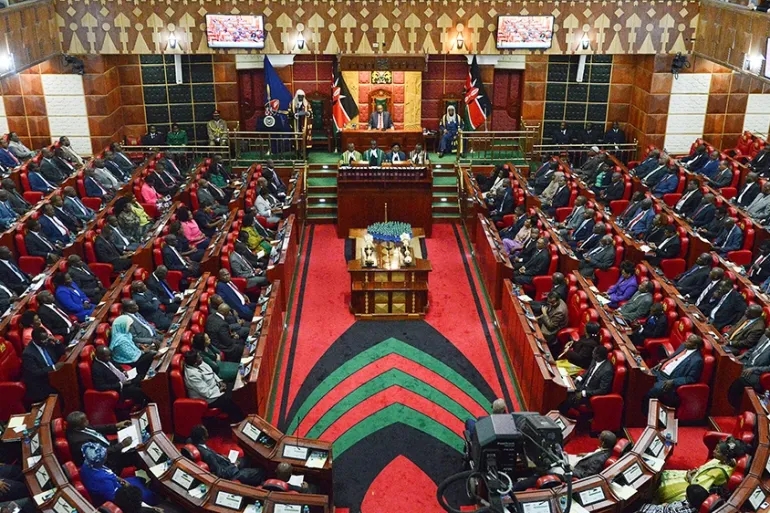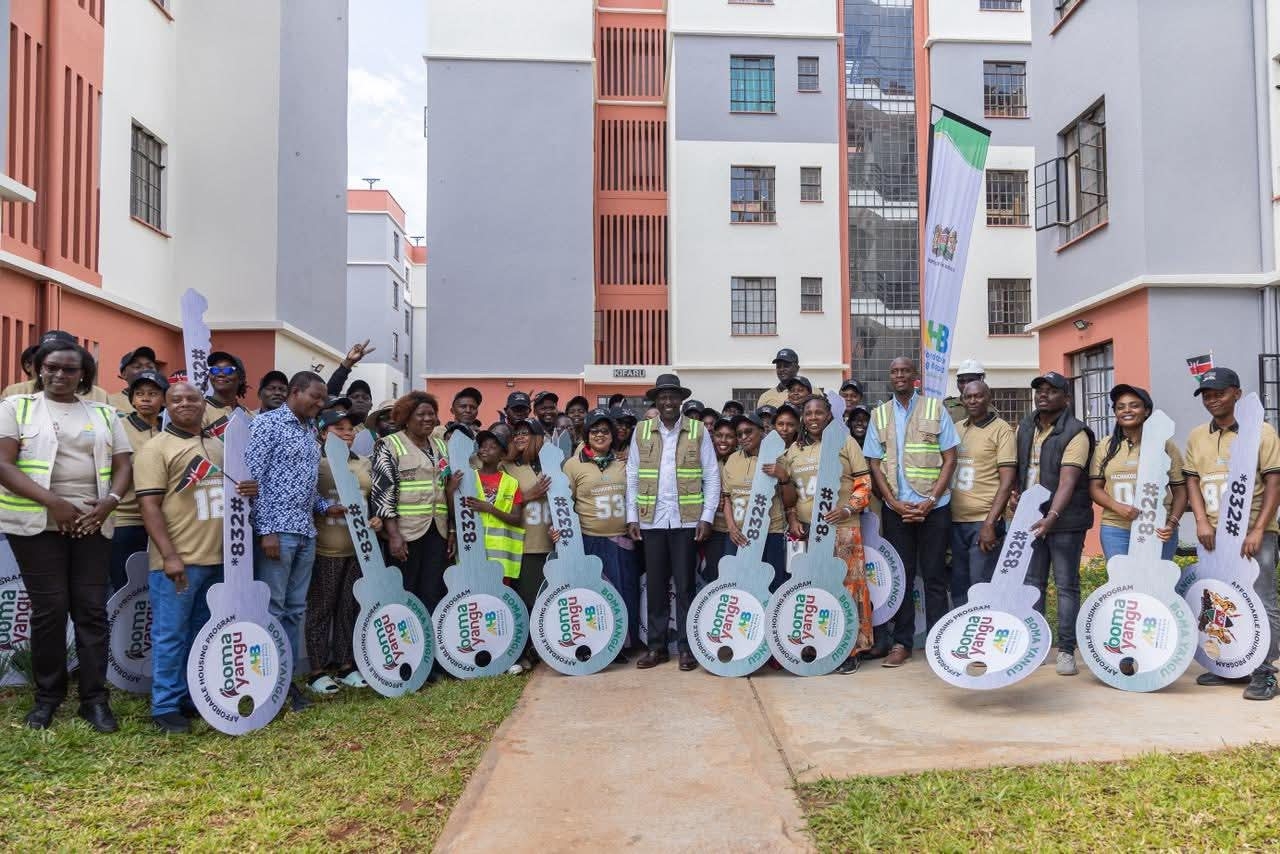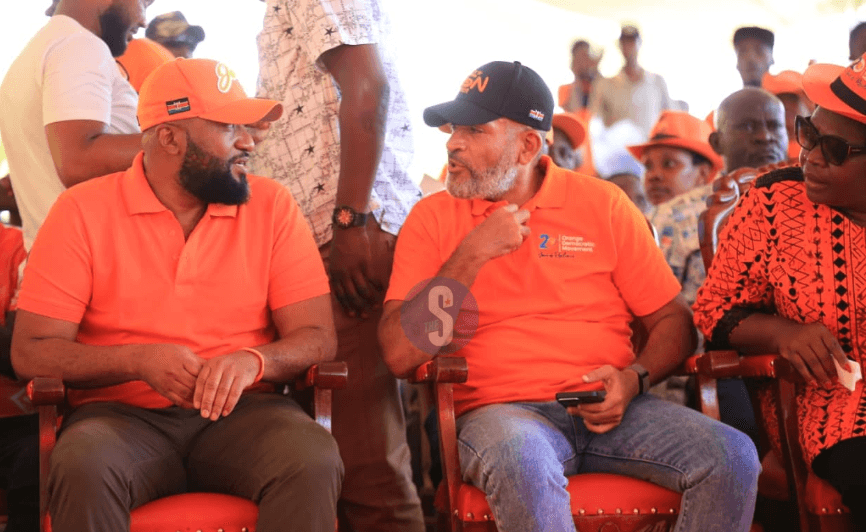
Taxpayers could be losing hundreds of millions of shillings from irregular payments at the National Treasury’s Pension department, auditors have uncovered.
A new audit report shows that in the last financial year alone, 2,950 dead pensioners were paid a cool Sh350 million.
It is not clear how many years these deceased persons have “pocketed” the money and how much longer the trend would continue.
Auditor General Nancy Gathungu’s report also shows that another 30 dead pensioners continued to be credited with disability allowance totalling Sh5.7 million.
Apart from the deceased persons, taxpayers could be losing billions in payments to persons with questionable identification details.
During the year under review, it was established that Sh7.3 billion was paid to pensioners and dependants who could not be properly identified.
Auditors found that data maintained by the system had incomplete and inaccurate records of tax PINs, ID numbers and date of birth.
The data sets are key fields used in determining the eligibility of pensioners and processing payments to the same, according to Kenya Revenue Authority.
“Incomplete or inaccurate data may lead to errors and fraud in pension processing and administrative inefficiencies, hence financial loss arising from irregular payments,” Gathungu said.
The auditor wants the Treasury to investigate the payments to dependants with data integrity issues and recover any loss of public money.
There were 9,205 pensioners in the main payroll for June 2023, whose tax PINs were neither captured in the system nor had invalid PINs.
PIN numbers for some dependants were not recorded while about 36,000 pensioners in the main payroll had invalid ID numbers.
There were 31 pensioners in the main payroll for June 2023, whose date of birth was similar to the date of enrollment, while 2,469 deceased principal pensioners had their names captured as “DUMMY”.
Further analysis revealed that 31 pensioners had both lD and Tax PIN integrity issues, as well as mismatching details of names, employment details and employment history.
“National Treasury should ensure all money irregularly paid to pensioners and dependants is recovered,” the auditor general said, asking the Exchequer to enlist the help of investigative agencies.
Pension payments account for the largest share of state expenditure.
During the year under review, taxpayers forked out Sh32.8 billion to 15,969 active pensioners.
On the payments to deceased persons, the auditor dismissed management’s explanation that there were instances where deaths were not reported promptly by beneficiaries.
Management said the late reports were the reason the department continued to remit pension beyond the date of a pensioner’s death.
The department said that upon receipt of the reports, the death enrolment is effected and extra pension remittances are recovered.
Treasury’s pension team said there were instances where pensioners did not have dependants from whom to recover the payments.
But Gathungu said the department did not provide any Memorandum of Understanding with the financial institutions to that effect.
“This has resulted in the department incurring financial loss arising from irregular payments to accounts of deceased pensioners,” the auditor general stated.
Gathungu, in a performance audit of the pension management information system, further revealed that the system keeps no record of users’ activities.
“It was established that the PMIS was not maintaining an audit trail (a record of user activities in the system).
The only logs that were provided are the event logs that were recording the login and logout events,” the report reads.
“ This control deficiency can lead to management being unable to establish perpetrators of unauthorised activities in the event the weakness is exploited,” Gathungu said.
The situation could aid unscrupulous officers to defraud Kenyans through irregular payments through the system.
“Failure to enforce accountability for the activities compromises the security of the system and can hamper problem resolution in case chronology of events is required during investigations of system malfunction or fraudulent activities,” the auditor general said.
It has emerged that the system is not configured to produce standard reports like payroll.
In what could expose the rot in the system, it emerged that there were dependants who were paid allowances yet the pensioners were in the main payroll.
This implied that either the pensioners were alive or were not removed from the main payroll before commencing payments to their dependants.
“This means that the pension system is not configured to disallow main pensioners and the dependants earning pension simultaneously,” the report tabled in Parliament recently reads.
Some 22 pensioners earned over Sh428,000 during the year under review yet their disability records did not exist in the system.
The system was also found to lack adequate data input validation controls, which check values provided by a user to ensure they match expected criteria. It also did not have processing controls designed to enforce controls embedded or configured in the business processes.
“ These weaknesses affect the reliability of data maintained by the Pension Management Information System and increase the possibility of irregular payments.”
Auditors further found that the
management was not using the system to produce financial statements.
















